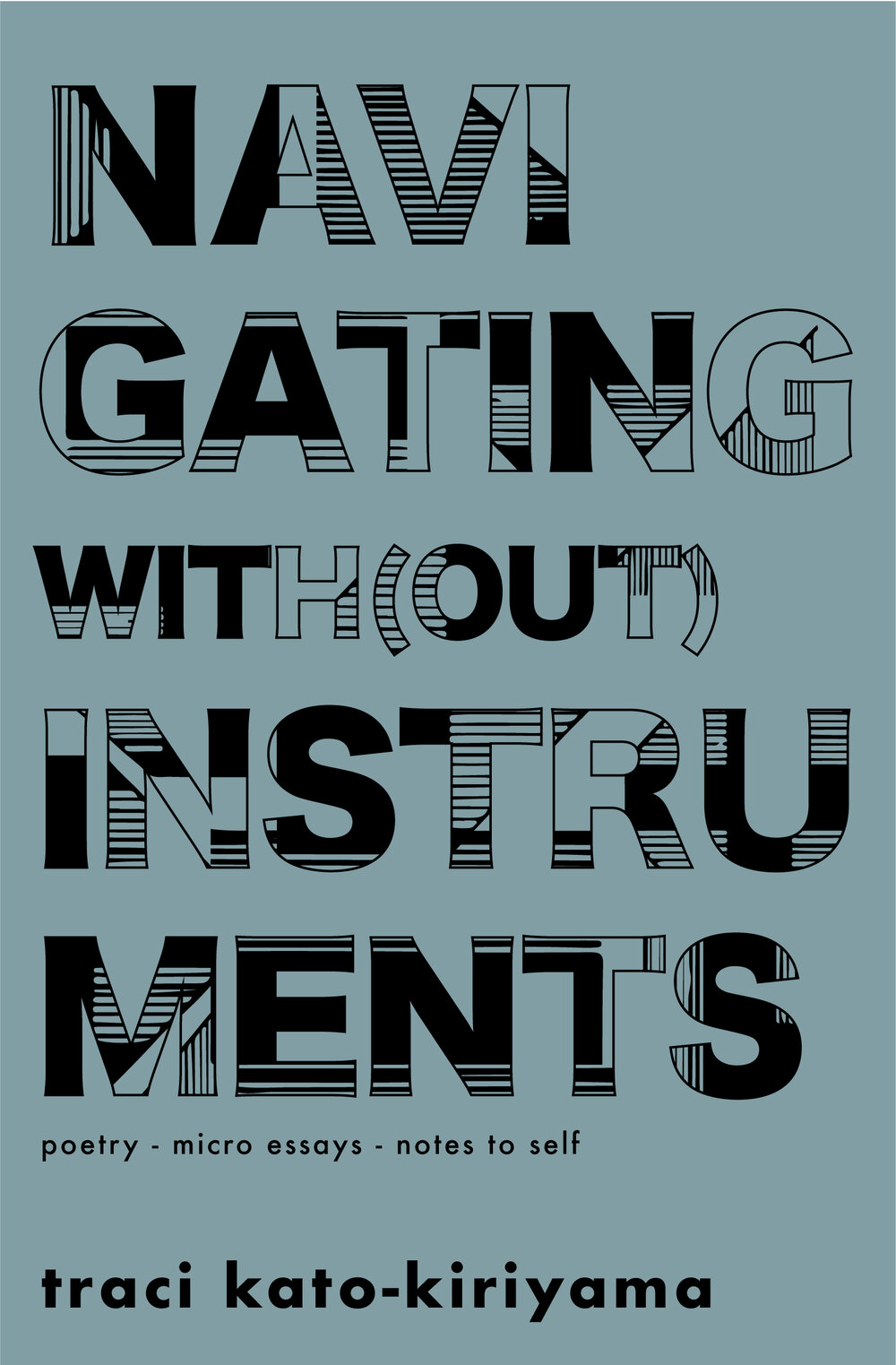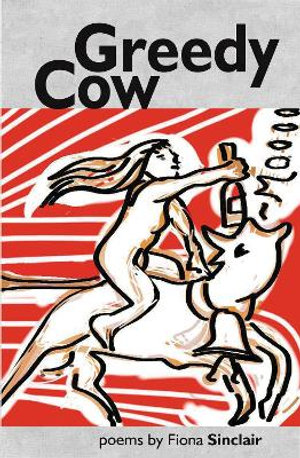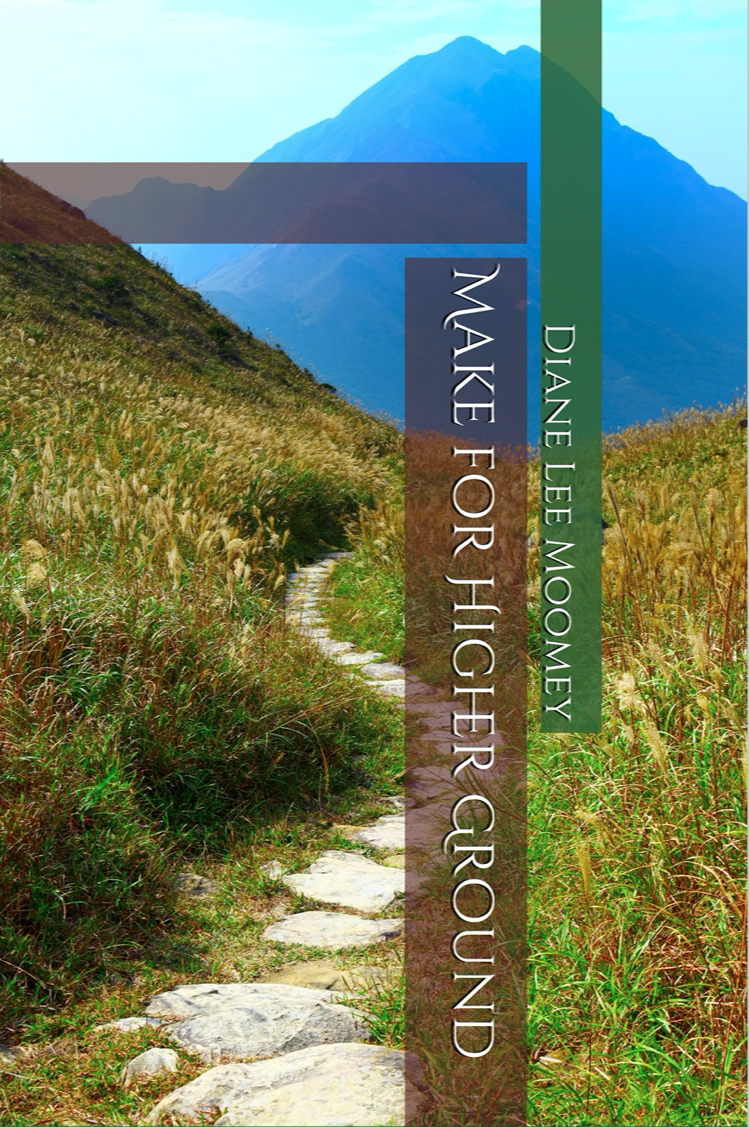 Time and again, kato-kiriyama pushes the reader to continue their hard work to understand and enact her “pan-generational consciousness.” The arts activism to build community in ICON 6; the call to treat all humans with utmost empathy, always, in ICON 9’s N.T.S.; kato-kiriyama speaking aloud her queer identity to “the curious Uncle or Auntie” who doesn’t quite understand and ICON 10’s N.T.S. reminder that “I am a little crazy./This is very normal,” living this nontraditional life to confront, take action, and heal through her Japanese American Angeleño identity.
Time and again, kato-kiriyama pushes the reader to continue their hard work to understand and enact her “pan-generational consciousness.” The arts activism to build community in ICON 6; the call to treat all humans with utmost empathy, always, in ICON 9’s N.T.S.; kato-kiriyama speaking aloud her queer identity to “the curious Uncle or Auntie” who doesn’t quite understand and ICON 10’s N.T.S. reminder that “I am a little crazy./This is very normal,” living this nontraditional life to confront, take action, and heal through her Japanese American Angeleño identity.
Tag: poetry
A review of With by Kenning JP Garcia
 Is this a truly Copernican exploratory adventure in poetry then, or just another academic Ptolemy-ization of contemporary verse? The former, who believed in Earth-centered astronomy, famously endeavored to complicate the data so as to account for the anomalies that were fast gathering around him making undeniable the proof that he was wrong…pointing out the proverbial elephant in the room so to speak, the emperor’s new clothes: nakedness. JP Garcia exercises something of the scientists’ precision talent with their diary here.
Is this a truly Copernican exploratory adventure in poetry then, or just another academic Ptolemy-ization of contemporary verse? The former, who believed in Earth-centered astronomy, famously endeavored to complicate the data so as to account for the anomalies that were fast gathering around him making undeniable the proof that he was wrong…pointing out the proverbial elephant in the room so to speak, the emperor’s new clothes: nakedness. JP Garcia exercises something of the scientists’ precision talent with their diary here.
A review of Pretend I Don’t Exist by Morgan Bell
 Pretend I Don’t Exist is a delight to read – the kind of book a parent can have a lot of fun reading to a child (or vice versa) but also one that tells a serious and important story about the beauty of animal sentience, the rich interplay of the human and the natural, animate world, and perhaps most importantly, the precariousness of the latter, particularly when it comes to koalas who are increasingly vulnerability, facing a significant and rapidly increasing loss of habitat.
Pretend I Don’t Exist is a delight to read – the kind of book a parent can have a lot of fun reading to a child (or vice versa) but also one that tells a serious and important story about the beauty of animal sentience, the rich interplay of the human and the natural, animate world, and perhaps most importantly, the precariousness of the latter, particularly when it comes to koalas who are increasingly vulnerability, facing a significant and rapidly increasing loss of habitat.
A review of Off Limits by Louise Wakeling
 Wakeling writes lines methodically, in a measured way, never letting her words race ahead of her intended message, whether she is writing about underground stormwater pipes, a power station or the underbelly of a secret Sydney. The poet filters ordinary experiences and places through vibrant images and poignant words.The poet brings to the front paradigms of life and the world, sometimes her observations are like theorems others like syllogisms and others like a work of art.
Wakeling writes lines methodically, in a measured way, never letting her words race ahead of her intended message, whether she is writing about underground stormwater pipes, a power station or the underbelly of a secret Sydney. The poet filters ordinary experiences and places through vibrant images and poignant words.The poet brings to the front paradigms of life and the world, sometimes her observations are like theorems others like syllogisms and others like a work of art.
A review of Count Four: Poems by Keith Kopka
 These speakers, Kopka’s tellers – their attitudes – interest me more than anything else. They seem to hurt, as if they live as emotionally bruised, successful failures whose memories of fathers and mothers, family, course the past coming in on the writer’s desire to tell all – and more – to live to play music so close to grieving, I want to wince then sigh for the horrific plight joy brings alive on the planet.
These speakers, Kopka’s tellers – their attitudes – interest me more than anything else. They seem to hurt, as if they live as emotionally bruised, successful failures whose memories of fathers and mothers, family, course the past coming in on the writer’s desire to tell all – and more – to live to play music so close to grieving, I want to wince then sigh for the horrific plight joy brings alive on the planet.
A review of Greedy Cow by Fiona Sinclair
 The collection opens with Sinclair’s humorous experiences with internet dating, from the pervy responses to her profile picture to flirting with emoticons; “over the week I virtual two time / men from Rochester and Deal.” Soon enough, though, she begins a relationship with a man – “our steps synchronize like Fred and Ginger” – and over time they adjust to one another.
The collection opens with Sinclair’s humorous experiences with internet dating, from the pervy responses to her profile picture to flirting with emoticons; “over the week I virtual two time / men from Rochester and Deal.” Soon enough, though, she begins a relationship with a man – “our steps synchronize like Fred and Ginger” – and over time they adjust to one another.
A review of Love Letter To Who Owns The Heavens by Corey Van Landingham
 Van Landingham, fortunately, is in no danger of taking herself too seriously. The first page greets us with the dismembered hand of a statue thrusting its lone, attached finger to the heavens. The poems that serve as prologue and epilogue are separated from the first section of the book not by numerals or titles but with that image, which does its job and detaches us from any mood set by the lyrics. This image appears five times.
Van Landingham, fortunately, is in no danger of taking herself too seriously. The first page greets us with the dismembered hand of a statue thrusting its lone, attached finger to the heavens. The poems that serve as prologue and epilogue are separated from the first section of the book not by numerals or titles but with that image, which does its job and detaches us from any mood set by the lyrics. This image appears five times.
A review of Rain Violent by Ann Spiers
 Spiers’ poems are haiku-like. In addition to what we may have learned about haiku in grade school—the tight syllable count, the reference to a season—haikus also juxtapose images and create a sudden sense of enlightenment. Instead of three lines, Spiers consistently makes these poems all four with syllables ranging from 7-10 a line, but they still retain a haiku’s compression, focus on imagery, and juxtaposition.
Spiers’ poems are haiku-like. In addition to what we may have learned about haiku in grade school—the tight syllable count, the reference to a season—haikus also juxtapose images and create a sudden sense of enlightenment. Instead of three lines, Spiers consistently makes these poems all four with syllables ranging from 7-10 a line, but they still retain a haiku’s compression, focus on imagery, and juxtaposition.
A review of The Other Life by Patrick Connors
 Patrick Connors’ poems are unpretentious and refreshingly authentic. The Other Life is a flowing read. There were times I stopped to savor and ponder his words. We readers are invested and interested in learning the nuances of specific character’s lives. Connors speaks clearly.
Patrick Connors’ poems are unpretentious and refreshingly authentic. The Other Life is a flowing read. There were times I stopped to savor and ponder his words. We readers are invested and interested in learning the nuances of specific character’s lives. Connors speaks clearly.
A review of Make For Higher Ground by Diane Lee Moomey
 A gorgeous collection full of sky and light, these poems tell stories that remember, long for, miss and sustain love. Importantly, there is nothing saccharin here. Indeed, the last poem ends ominously, “Making coffee, breaking camp—/we do this well together,/but whitecaps, winds and lowered skies; promise heavy weather.” And that’s the point. Higher ground is not a panacea; it isn’t even a place. It is a way of being in the world that Moomey gently urges in this compelling collection.
A gorgeous collection full of sky and light, these poems tell stories that remember, long for, miss and sustain love. Importantly, there is nothing saccharin here. Indeed, the last poem ends ominously, “Making coffee, breaking camp—/we do this well together,/but whitecaps, winds and lowered skies; promise heavy weather.” And that’s the point. Higher ground is not a panacea; it isn’t even a place. It is a way of being in the world that Moomey gently urges in this compelling collection.